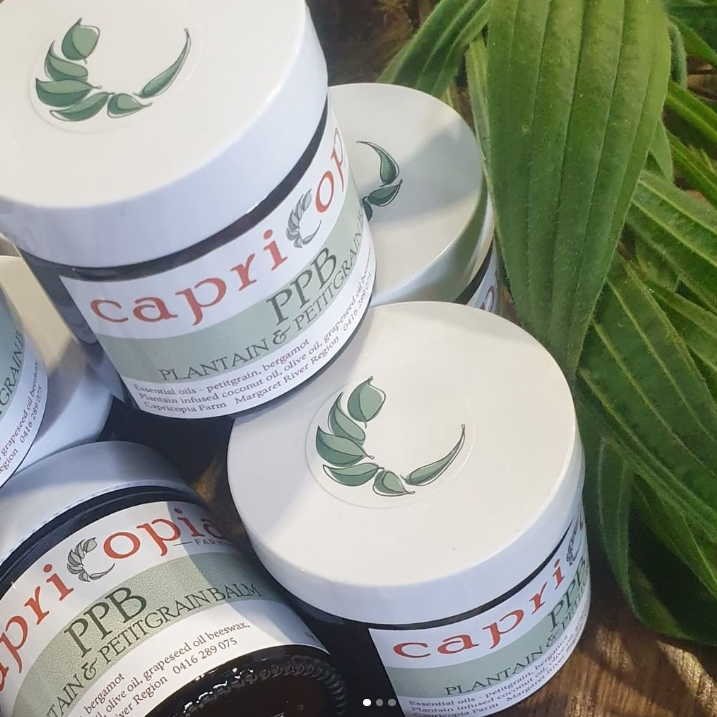Plantain
This is my favourite homegrown herbal remedy and has been used for thousands of years as THE premier wound-mending herb. In the Highlands of Scotland Plantain is still called 'Slan-lus,' or plant of healing. Ancient Roman and Greek healers placed a high value on the powers of plantain.

Greek Pedanius Dioscorides (40 BC-90BC) used plantain for wound healing, animal bites, and burn treatment. Pliny the Roman (23 A.D.-79 A.D.) used broadleaf plantain to care for patients who had sustained bites from wild animals.
Pliny wrote if 'it be put into a pot where many pieces of flesh are boiling, it will sodden them together.'
Plantain leaves, shredded or chewed, are a traditional treatment for nettle rash, insect and animal bites as the anti-inflammatory effect helps to relieve pain, burning, and itching.
It was also described in the Lacnunga a 10th century Anglo-Saxon collection of herbal remedies along with mugwort, chamomile, nettle and fennel

I love this image in the The Physick Garden: Ancient Cures for Modern Maladies The needle and thread show that it can "sodden flesh together" as Pliny wrote 2000 years ago.
The astringent, antibacterial and anti-inflammatory effect of the plant makes it helpful in treating minor wounds, cuts, and scrapes. It also contains allantoin, a constituent that promotes tissue regeneration.
The herb can be applied directly to damaged skin in order to halt bleeding, speed up healing, stop itching and alleviate pain. In addition, the herb has been used to treat eczema, psoriasis and first degree burns.
This plantain infused PPB balm contains cocount, olive and grapeseed oil with beeswax and vitamin E. This balm also contains petitgrain and bergamot oils which are known for their anti-inflammatory properties. I also do a Pure Plantain balm with no essential oils which is safe for children and open wounds.
After flowering, its seeds containt Psyllium and the husks are a potent source of dietary fiber. The compounds in the seeds are indigestible, and often used in over the counter medications designed to combat diarrhea, constipation, and irritable bowel syndrome.


